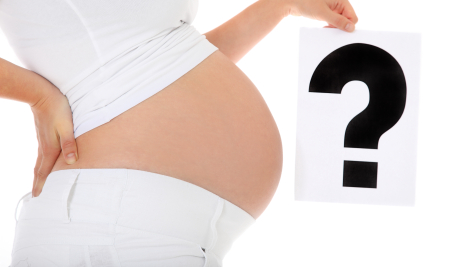A few questions for homebirth advocates:
Do you love your baby more than you hate the hospital? Or is avoiding a scary environment worth risking the life of your baby?
Which is more important: whether your baby lives or dies or whether you can brag to your friends about your defiance of medical authority?
Is birth an intimate moment sanctified by sharing it only with friends and not impersonal medical professionals, or is it a narcissism fest yielding professional photos and YouTube videos posted for the perusal of all 7 billion people on the planet?
Do you really want to be attended in labor by a mail order midwife (CPM – certified professional midwife) who likely obtained her “education” from a correspondence course and whose education requirements were recently “strengthened” to mandate a high school diploma?
Do you really think that reading books and websites written by laypeople is “research”?
You tell everyone that you will be quick to transfer to the hospital in an emergency where you trust that the obstetricians can save your babies life, but you don’t trust those same obstetricians to prevent the very emergency that will require their assistance. Does that make any sense?
If homebirth represents less than 1% of all births, but 100% of the income of homebirth midwives, who do you think has a greater financial interest in hiding the truth about homebirth, obstetricians or homebirth midwives?
I’m waiting anxiously for your replies.


